College Faculty

Executive Director, Center for Criminology and Public Policy Research
Blomberg’s research is focused upon identifying ways to more effectively link research knowledge to public policy. This includes examining the relationship between educational achievement among incarcerated youthful offenders and successful community reintegration.

Claudia Anderson’s research focuses on punishment, incarceration and correctional policies.

Faculty Affiliate, Center for Criminology and Public Policy Research
Prior to joining the faculty in the College of Criminology and Criminal Justice at Florida State University in August of 2003, Bill Bales was the director of research with the Florida Department of Corrections since 1991.

Director, Distance Learning Program
Beaver’s research examines the biosocial underpinnings to antisocial behaviors. He has employed behavioral genetic and molecular genetic methodologies to unpack the gene-environmental basis to a range of criminal and delinquent outcomes.
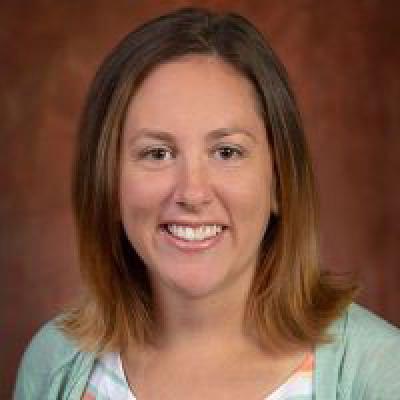
Julie Brancale's research focuses on understanding the causes, consequences, and justice system responses to financial exploitation and victimization of older adults. Additionally, she studies the impact of juvenile justice system involvement on education, desistence, and delinquency.
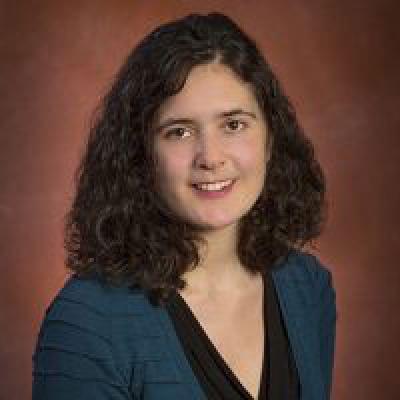
Cecilia Chouhy received her Ph.D. in Criminal Justice from University of Cincinnati.
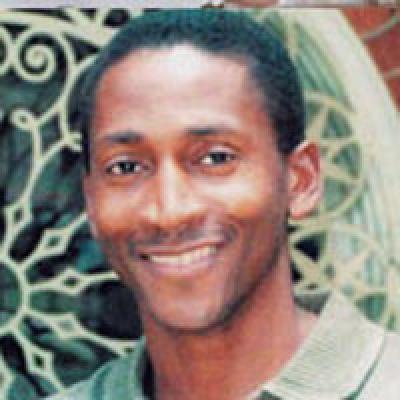
Dr. Billy Close is currently an Assistant Professor and Director of Service Learning and Mentoring in the College of Criminology & Criminal Justice at Florida State University.

Jennifer Copp received her Ph.D. in Sociology from Bowling Green State University. Her research focuses broadly on the social influences on crime and other problem behaviors, in addition to the marginalizing effects of criminal justice involvement.

Kimberly M. Davidson received her Ph.D. in Criminology from The Pennsylvania State University. Her research focuses on corrections, programming and rehabilitation, community reentry, substance use.

Emma E. Fridel received her Ph.D. in Criminology and Justice Policy from Northeastern University. She primarily studies violence and aggression with a focus on homicide, including school violence, homicide–suicide, serial and mass murder. Dr.

Faculty Affiliate, Institute for the Prevention of Financial Fraud
Gertz is most well known for successfully conducting thousands and thousands of surveys, which have been used by professors and doctoral students within and outside the college for high quality research and publications in some of the top journals in the field.

Hay’s research examines the causes and prevention of crime with special attention to the family environment, the development of self-control, and policy efforts to reduce juvenile crime.
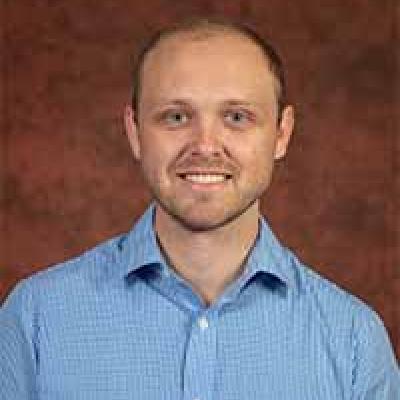
Bryan Holmes received his Ph.D in Criminal Justice from the University of Cincinnati. His research focuses on discretion, sentencing, courts, and punishment.

Young-An Kim received his Ph.D. in Criminology from the University of California-Irvine. His research interests include neighborhoods and crime, criminology of place, geo-spatial analysis, urban sociology, and quantitative research methods.

Professor Kleck's recent research has found that employing more police officers or increasing police productivity in the form of more arrests per officer has no measurable effect on the public’s level of fear of crime.

Megan Kurlychek’s research interests surround the impact of criminal justice system involvement on later life outcomes with a particular focus on juvenile justice, sentencing, disparities and the collateral consequences of a criminal record on employment and education.

Brendan Lantz received his Ph.D. from The Pennsylvania State University. His research interests focus on hate crime, violence, victimization, and co-offending.

Mark C. Stafford Professor of Criminology
Mears’ current research examines crime causation and criminal and juvenile justice.

Director, Center for Criminology and Public Policy Research
Associate Professor George Pesta is the Director of the Center for Criminology and Public Policy Research. At the Center, he manages funded research projects, supervises GRAs and collaborates with faculty on project deliverables, research reports, and presentations.

Sylwia J. Piatkowska received her Ph.D. in Sociology from State University of New York at Albany. Her areas of interest include crime and deviance, as well as international and comparative criminology.

Joseph Schwartz’s research is focused on the interplay between biological and environmental influences in the development of behavior and health outcomes across major stages of the life course.

Keller Sheppard received his Ph.D. in Criminology and Justice Policy from Northeastern University. His primary research focus is on police decision making and juvenile justice processes.

Sonja Siennick studies criminal offending and mental health problems in the contexts of the life course and kinship and friendship relations. Her recent publications have examined ways to mitigate the collateral consequences of criminal justice system contacts.

Stults' research focuses on the role of neighborhood context in shaping crime, delinquency, and criminal justice outcomes.

Dr. Waldo’s experience covers a wide range of activities related to academic criminology and the criminal justice system.

Director, Undergraduate Program
Patricia Warren Hightower received her Ph.D. in Sociology from North Carolina State University.

Director, Graduate Program
Marin Wenger received her Ph.D. in Sociology from Pennsylvania State University. Her work focuses on stratification, communities and crime, deviance, and quantitative methods.
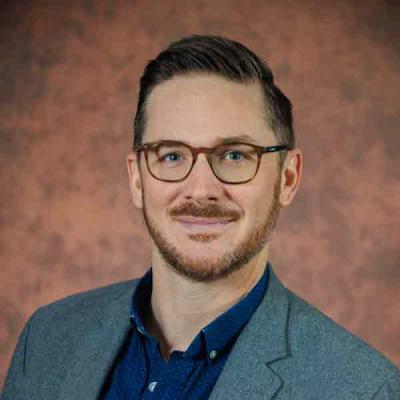
Steven Zane received his Ph.D. in Criminology from the School of Criminology and Criminal Justice at Northeastern University. Additionally, Dr. Zane holds a J.D. from Boston College Law School. His research interests are juvenile justice, crime prevention, and criminal law and punishment. Dr.
